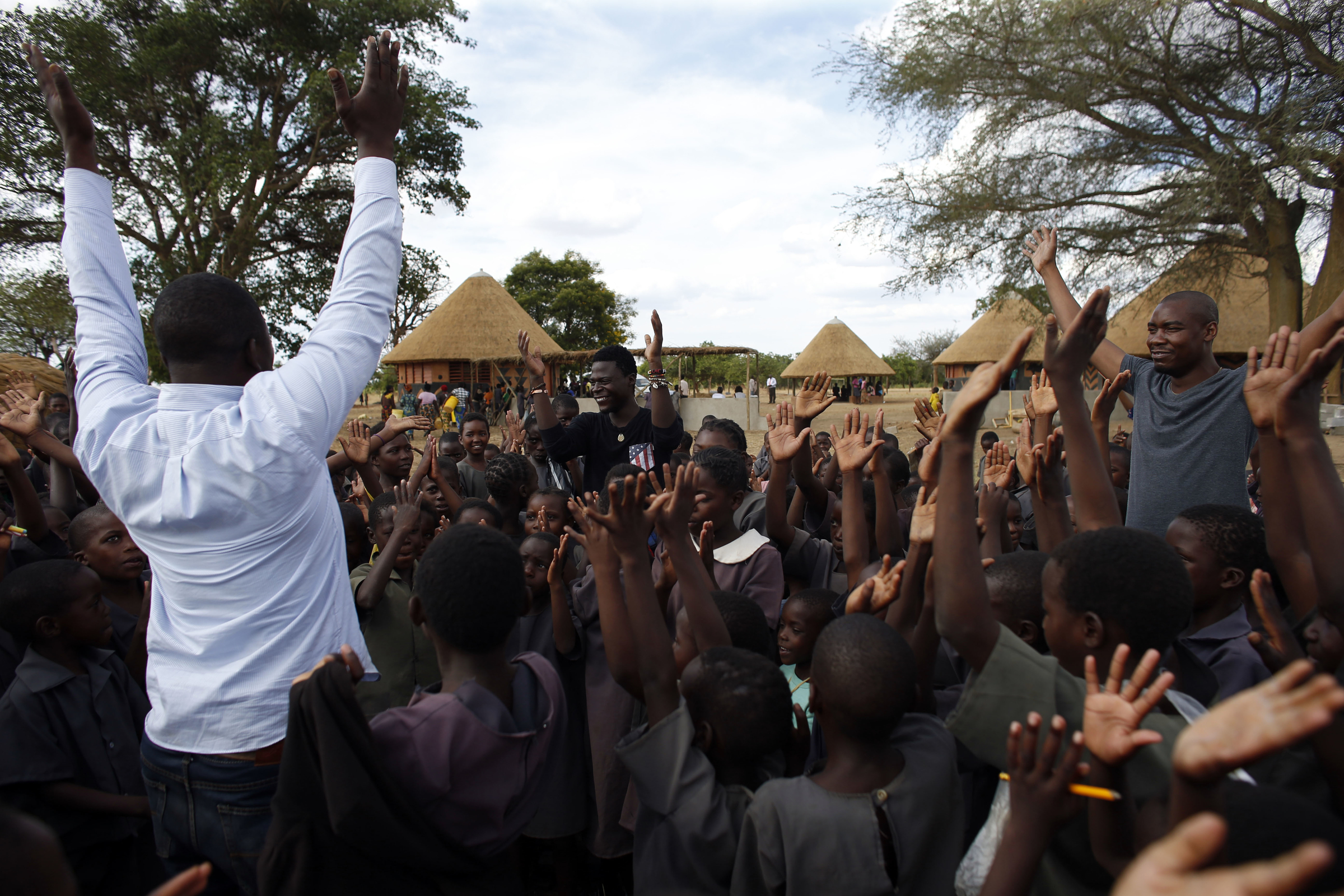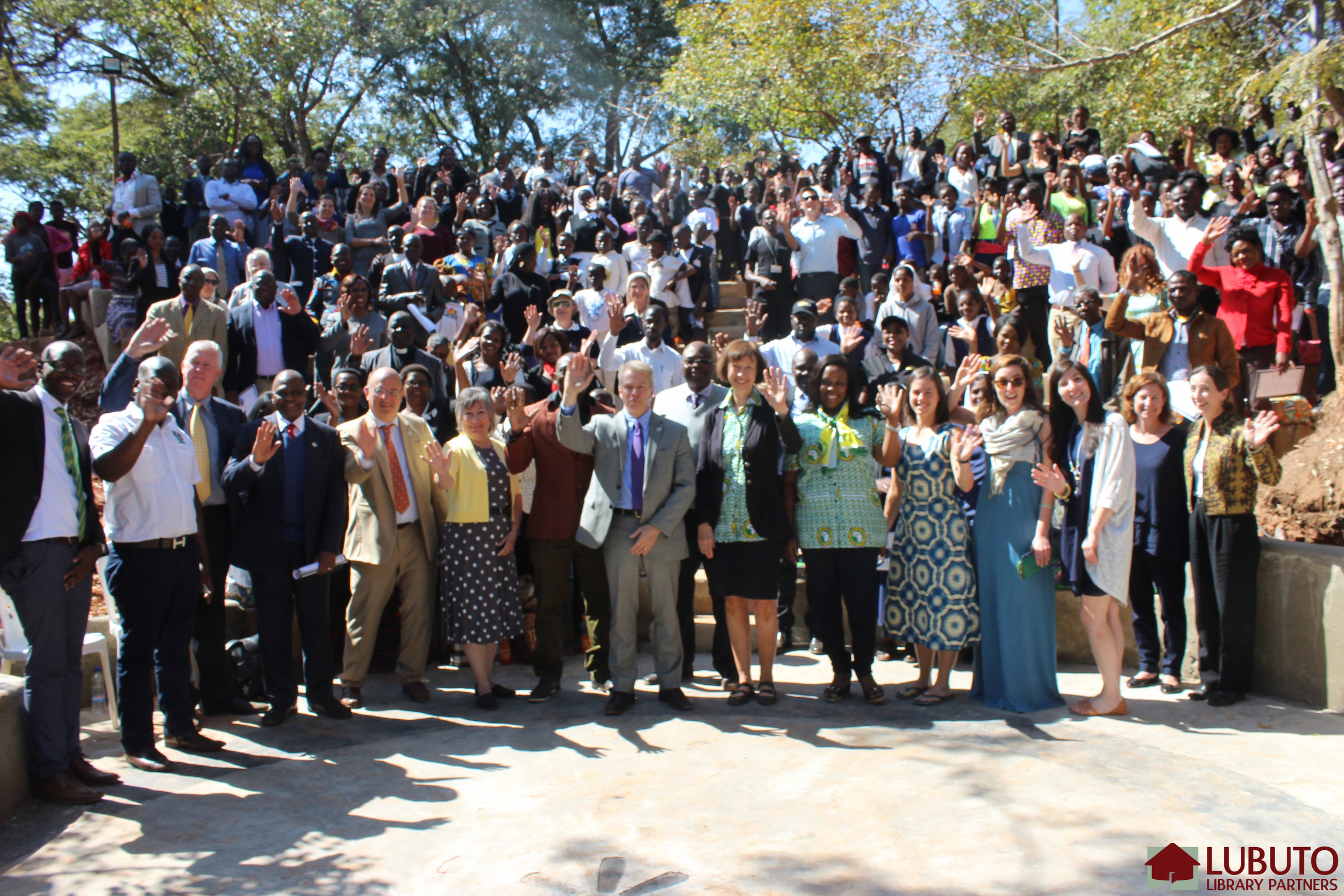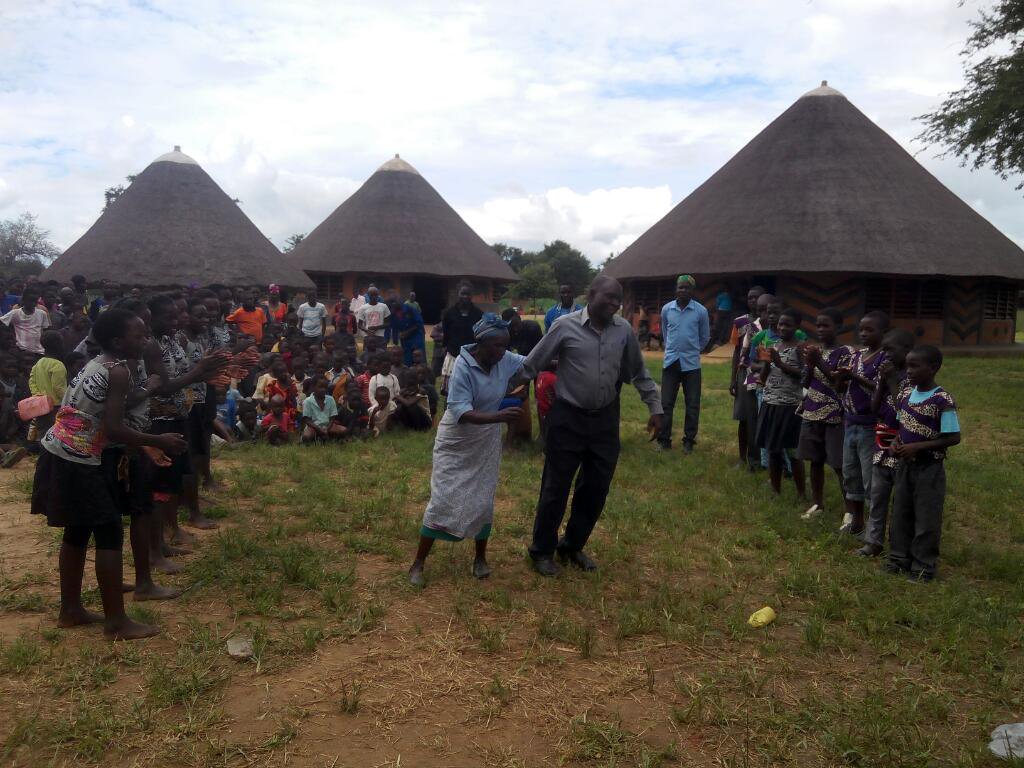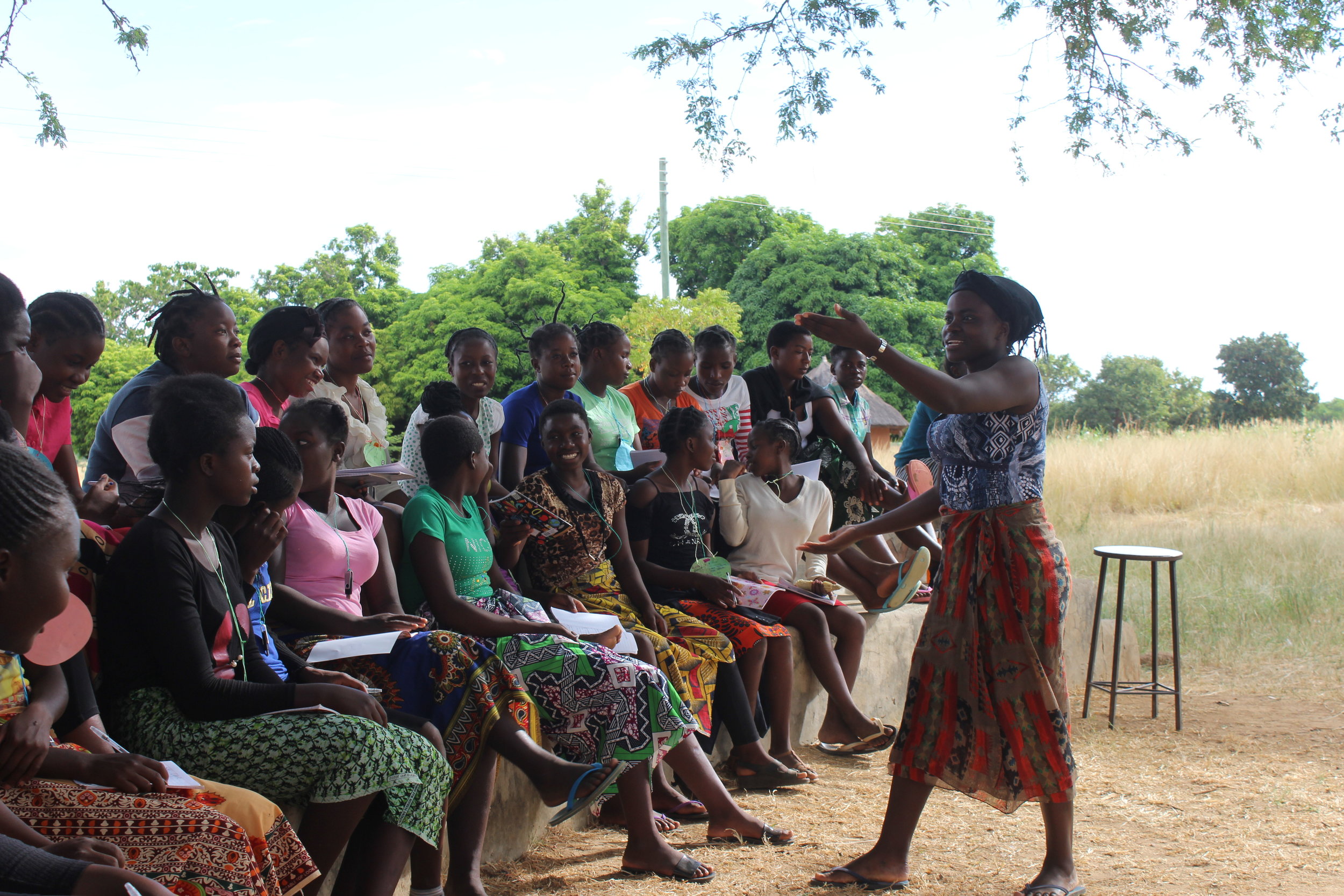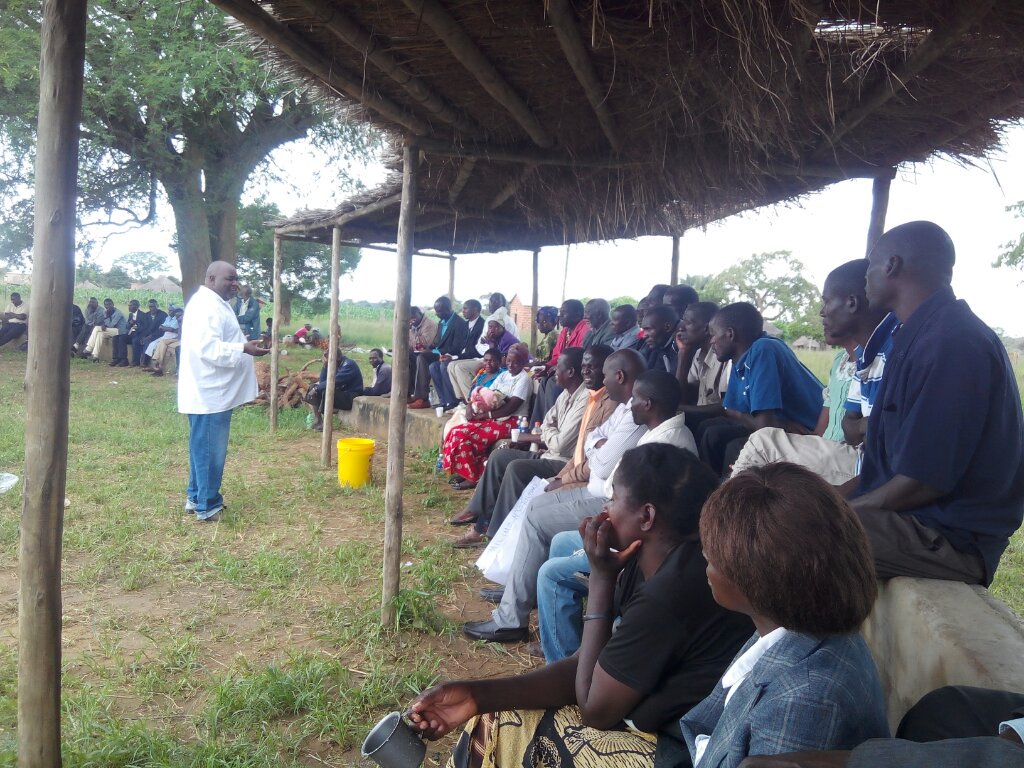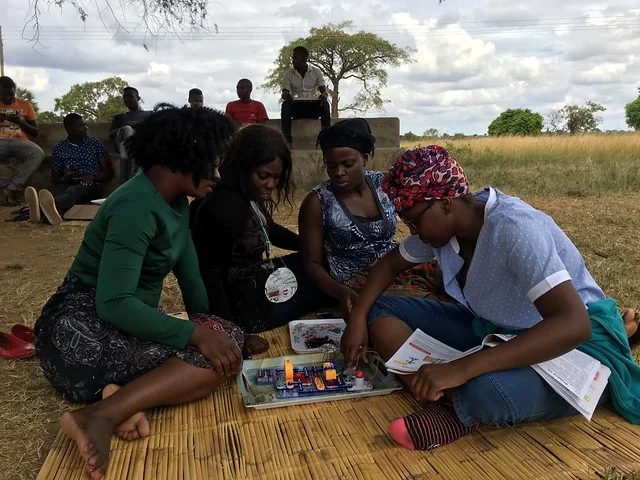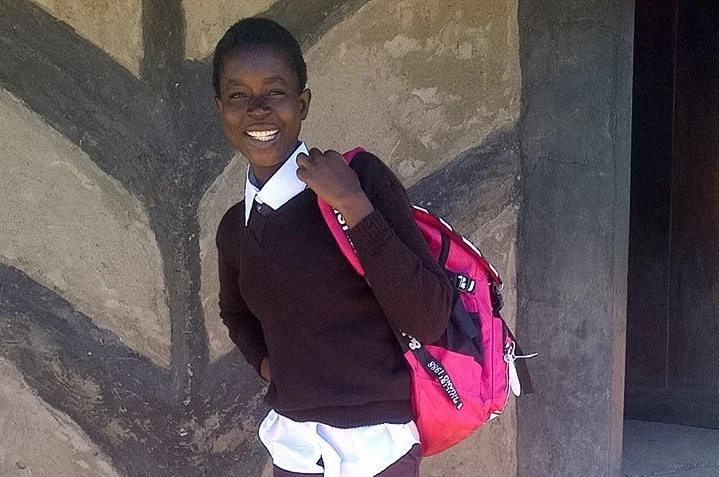Communities & Families
Lubuto Library Partners works with local organizations to holistically offer a variety of services to address changing community needs. Close collaboration with parents, caregivers, and traditional leaders has also always been crucial to mobilizing community support for Lubuto libraries and ensuring their sustainability.
Families:
Many of Lubuto’s programs are specially designed to serve young parents and their children, who are otherwise severely underserved in their communities. The family literacy program teaches young mothers English language skills and gives them individualized support and encouragement in small groups, with the goal having these girls and young women enter or re-enter school and complete their secondary education. This program also provides childcare and educational opportunities to participants’ young children.
Capacity building:
The Lubuto Model Library, opened in 2010 and located in Garden Compound in Lusaka, is Lubuto Library Partners’ demonstration and training center. The Model Library offers training that builds the capacity of current and future library staff, volunteers, teachers, community members, library science students, and professional librarians to offer high-quality library services and programs to children and youth.
While Zambia does offer tertiary degree programs in library and information science, none of these programs offer courses or concentrations in children’s services, creating a serious professional gap in a country whose population is over 75% children and youth. Lubuto works to build professional capacity at the national level through its close work with government and professional librarians from around the country.
Lubuto Library Partners hosts an annual training workshop for all of Zambia’s provincial and council librarians, as well as offering ongoing short- to medium-term hands-on training at the Model Library. Training gives current and future librarians, the majority of whom are women, the opportunity to observe experienced professionals, gain familiarity with a model collection of the best international children’s literature, receive guidance in the development and delivery of innovative programming, and to learn directly from children and youth about their needs, interests, experiences, and goals.
